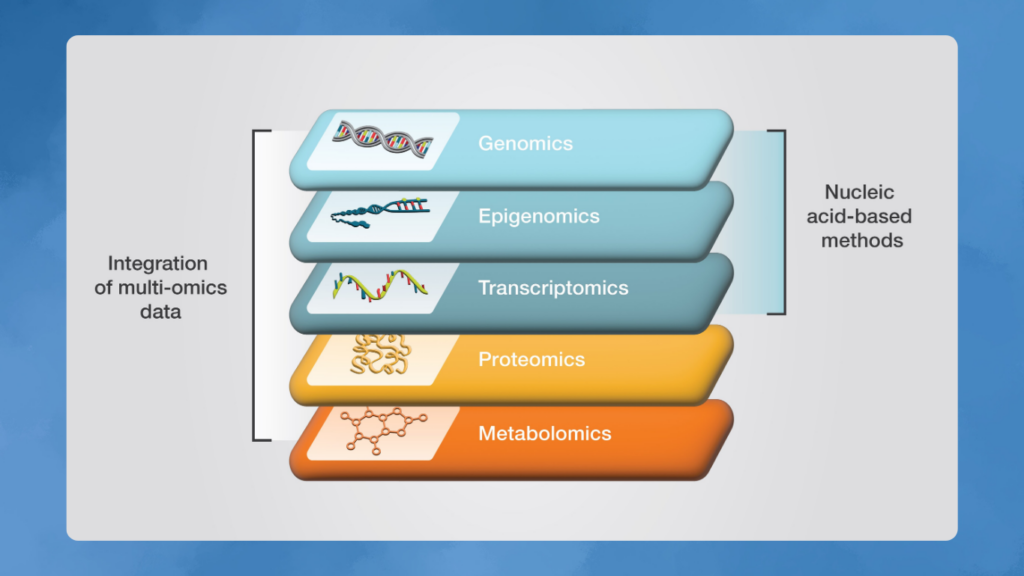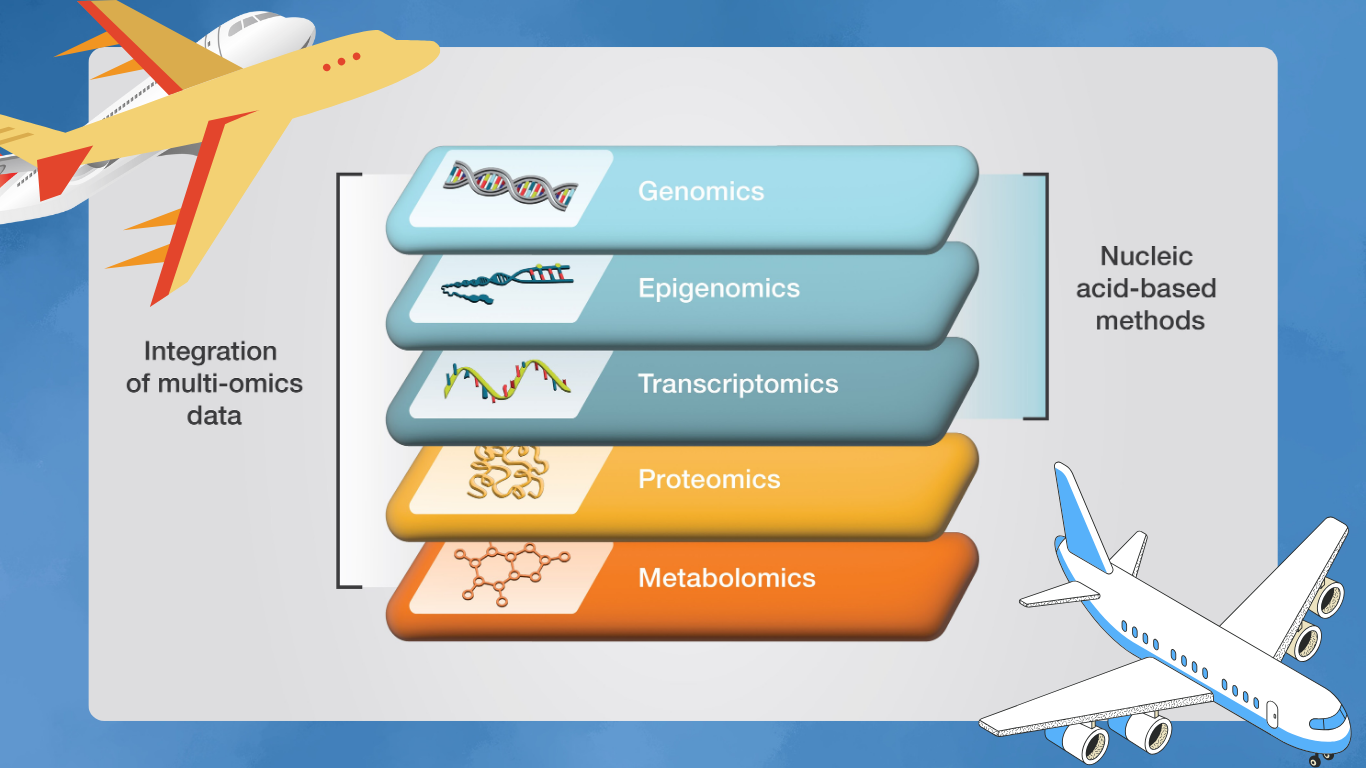Scientists at Lawrence Berkeley National Laboratory and the University of Michigan have turned to modern biology to improve battery performance for electric aircraft. This innovative approach could pave the way for emission-free air travel.
Context and Challenges

While existing batteries have facilitated the electrification of road transport by delivering sustained energy over long periods, aviation poses a unique challenge. Aircraft require intense power during takeoff and landing, in addition to sustained power throughout the flight. To make air travel sustainable with battery technology, a battery must fulfill both roles effectively.
Leveraging Omics for Battery Innovation
For centuries, biologists have studied cell components and their interactions. In recent decades, researchers have adopted a more holistic approach, examining these components collectively, a field known as “omics.” This approach has provided valuable insights into genomes (genomics), proteins (proteomics), and metabolites (metabolomics).

Inspired by omics, researchers at Berkeley and the University of Michigan explored the interactions within lithium-ion batteries, which are widely used but fall short in meeting the demands of long-haul transportation.
Advancements in Battery Technology
Through their research, the team discovered that the limitation of lithium batteries in providing high power for sustained periods was due to issues with the cathode, not the anode as previously thought. They found that mixing certain salts into the electrolyte formed a protective coating around the cathode, enhancing its resistance to corrosion and improving performance.
“We found that mixing salts in the electrolyte could suppress the reactivity of typically reactive species, forming a stabilizing, corrosion-resistant coating,” explained Youngmin Ko, a postdoctoral researcher at Berkeley Lab, in a press release.
Collaborating with industry partners, the researchers designed a new battery for electric aircraft. This new design proved to be four times more effective than conventional batteries in maintaining the power-to-energy ratio required for flight.
Looking Ahead
The team is now focused on developing a 100 kWh battery to test an electric vertical takeoff and landing (eVTOL) aircraft by 2025.
“Heavy transport sectors, including aviation, have been underexplored in electrification,” said Brett Helms, a staff scientist at Berkeley Lab. “Our work redefines what’s possible, pushing the boundaries of battery technology to enable deeper decarbonization.”
The researchers plan to continue using the omics approach to explore other battery components and further enhance battery performance.
Implications and Future Prospects
This breakthrough aligns with global efforts to reduce carbon emissions and combat climate change. The aviation industry significantly contributes to greenhouse gas emissions, making advancements in battery technology crucial for sustainable air travel. By leveraging biological principles, scientists are pioneering new frontiers in battery innovation, potentially revolutionizing aviation and other heavy transport sectors.
This interdisciplinary approach underscores the importance of cross-field collaboration in addressing complex engineering challenges, demonstrating that integrating biology and materials science can lead to substantial technological advancements.
Conclusion
The innovative work by researchers at Berkeley Lab and the University of Michigan marks a significant milestone in the quest for sustainable aviation. By applying biological insights to battery technology, they have developed a more efficient battery that could transform air travel and contribute to global decarbonization efforts.

Subtly charming pop culture geek. Amateur analyst. Freelance tv buff. Coffee lover
